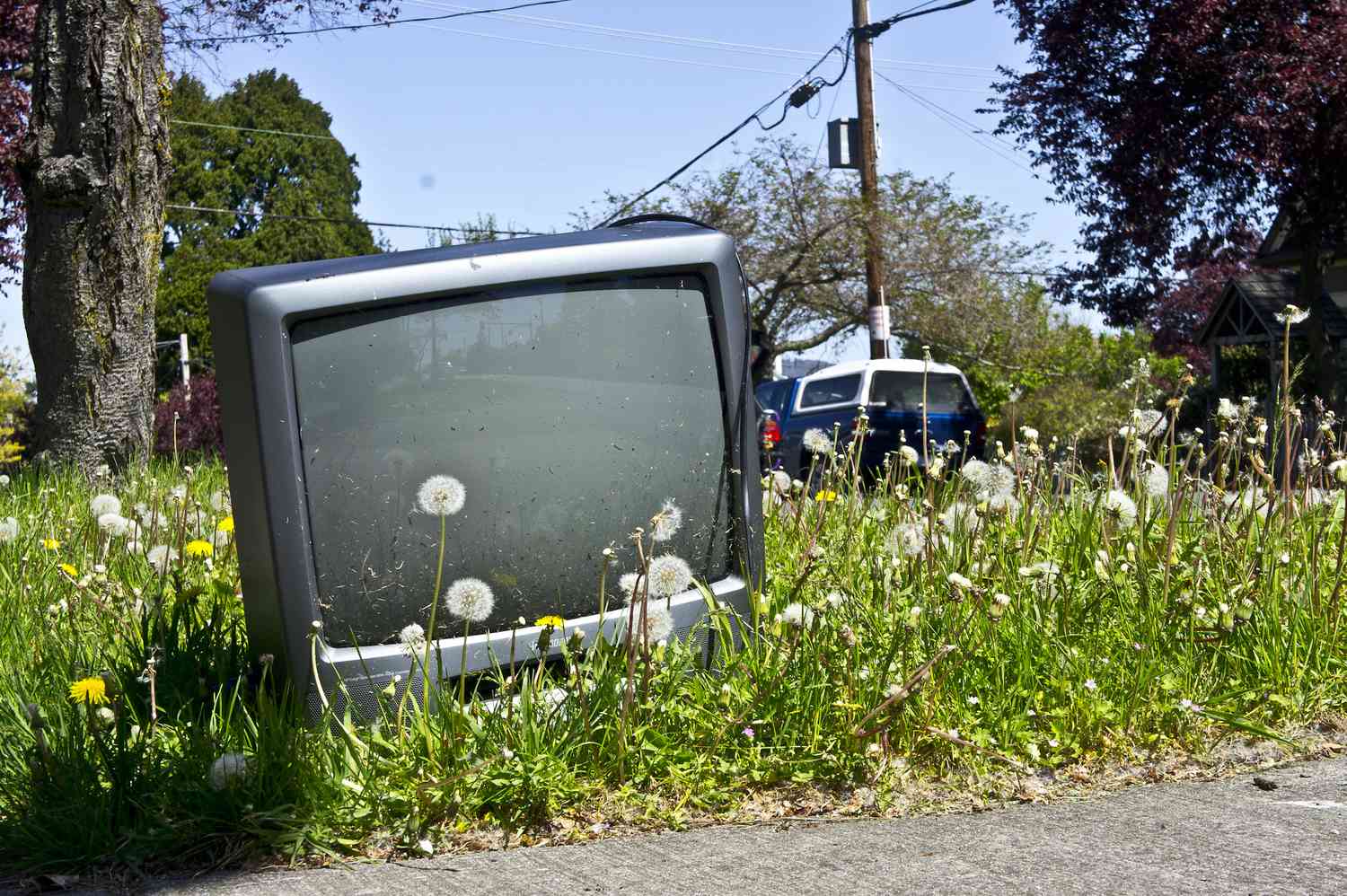
South Africa’s analogue switch-off extended to 31 March 2025! The South African government has announced a further delay in the long-awaited analogue television switch-off, with the deadline now extended to 31 March 2025.
A Shift in Deadlines
Initially, the plan was to shut down all analogue broadcast devices by December 2024, marking a significant step in the country’s digital migration journey. However, persistent challenges, including delays in delivering set-top boxes to indigent households, have necessitated the extension.
Minister of Digital Technologies Solly Malatsi confirmed the new timeline, emphasizing the importance of ensuring that no South Africans are left behind in the transition.

Challenges in the Digital Migration
One of the primary obstacles to meeting the original deadline is the significant number of qualifying households that are yet to receive government-subsidized set-top boxes. According to Malatsi, around 467,000 indigent households—those who qualify for free set-top boxes—remain without the necessary equipment to access digital television.
The government had committed to providing these households with set-top boxes to facilitate the migration from analogue to digital signals. However, logistical, financial, and operational challenges have delayed the distribution process.
Financial Implications
The simultaneous broadcasting of analogue and digital signals has proven costly for the South African government. Malatsi revealed that the dual transmission has already cost over R1.2 billion, a figure that underscores the urgency of completing the digital migration process.
While the switch to digital is expected to bring significant benefits, including improved picture and sound quality and the freeing up of valuable radio frequency spectrum, the delays have strained government resources.

A Necessary Postponement
Minister Malatsi highlighted the rationale behind the extension, stating:
“The postponement of the deadline recognizes the considerable delays that have plagued the digital migration project since its inception and provides the necessary relief that makes provision for more time to migrate as many South Africans as possible before the analogue switch-off.”
This decision reflects a balance between the need to complete the migration and the imperative to ensure inclusivity for all citizens, particularly those from vulnerable communities.
The Digital Migration Journey
South Africa’s digital migration project has been a long and arduous process. Initially conceptualized over a decade ago, the project has faced numerous setbacks, including funding shortfalls, logistical challenges, and technical issues.
Despite these obstacles, the government has remained committed to the transition, citing the numerous benefits of digital broadcasting, such as:
- Enhanced Broadcast Quality: Digital signals provide sharper images and clearer sound compared to analogue signals.
- Efficient Spectrum Use: The migration frees up spectrum for other uses, such as mobile broadband, which is critical for advancing the country’s digital economy.
- Expanded Channel Offerings: Digital television allows for more channels, giving viewers greater choice and diversity in content.
Impact on Households
For millions of South African households, the transition to digital broadcasting represents a significant change in how they access television. While many have already made the switch, the government’s focus remains on ensuring that vulnerable communities are not left behind.
The provision of subsidized set-top boxes is a key part of this effort. However, delays in distribution have raised concerns about whether the government can meet its new deadline.

Next Steps
With the extended deadline in place, the government faces mounting pressure to resolve the challenges hindering the migration process. Key priorities include:
- Accelerating Set-Top Box Distribution: Ensuring that the remaining 467,000 households receive their equipment promptly.
- Public Awareness Campaigns: Educating citizens about the benefits of digital television and how to make the switch.
- Collaboration with Stakeholders: Partnering with broadcasters, manufacturers, and other stakeholders to streamline the transition.
Conclusion
The extension of South Africa’s analogue TV switch-off deadline to March 2025 reflects the government’s commitment to inclusivity in its digital migration efforts. While the delays have been costly, ensuring that all citizens can access digital television remains a priority.
The next phase will be critical in overcoming the remaining challenges and finally completing the country’s long-overdue transition to digital broadcasting.
#South #Africas #analogue #switchoff #extended #March



